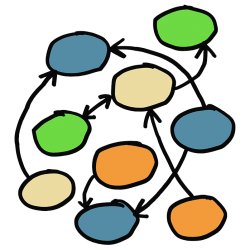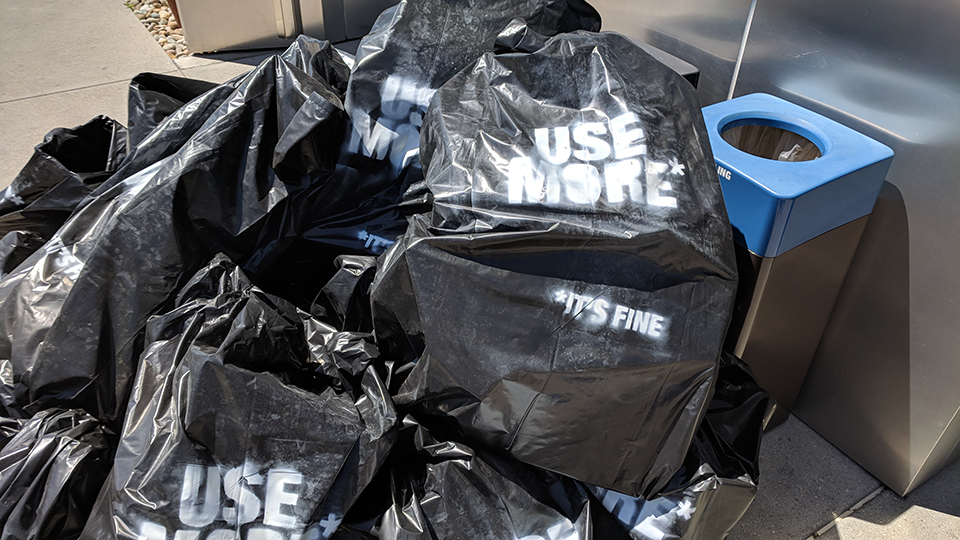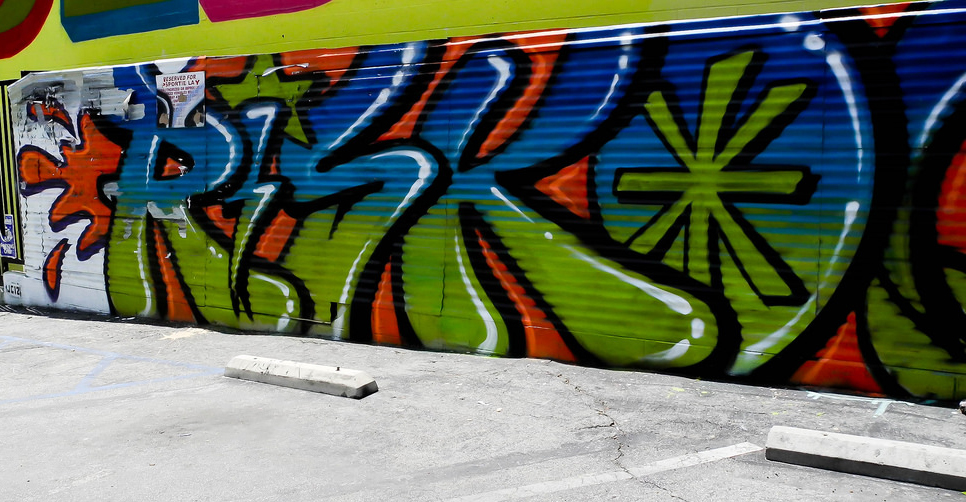← Return to Seizing an Alternative | Section X
Track 3: Governance and Public Administration
Those working in public administration have not been well served by the theories now dominant in the field. This “ontological deficit,” as Margaret Stout puts it, can be overcome by introducing the thought of Alfred North Whitehead as a new basis for a more humane practice of public administration.
Track Heads

Margaret Stout
Assistant Professor of Public Administration, Department of Public Administration, Rockefeller School of Policy and Politics, West Virginia University
Administration at West Virginia University. Following her first career as a practitioner, she continues a passion for community development through service learning and action research projects as a faculty member. Her research explores the role of public and nonprofit practitioners in achieving democratic social and economic justice with specific interests in administrative theory, public service leadership and ethics, and sustainable local governance and community development. She has a particularly strong interest in the ontological underpinnings of these issues, as shown in her books, Logics of Legitimacy: Three Traditions of Public Administration Praxis (Taylor & Francis) and Integrative Process: Follettian Thinking from Ontology to Administration (Process Century Press), with Jeannine M. Love.

Jeannine Love
Assistant Professor, Public Administration
Jeannine M. Love is an Assistant Professor of Public Administration and Political Science, and affiliated faculty member of the Women and Gender Studies program, at Roosevelt University in Chicago. Her research analyzes the manifestations and implications of individualism and interrelationship in governance and social policy. She explores possibilities for enhancing participatory democracy, paying particular attention to issues of social and economic justice. She has been working in public administration since 2000, when she began working as a child support caseworker in Columbus, Ohio. The ethical and practical inconsistencies she witnessed as a “”street level bureaucrat,”” particularly the problematic marginalization of the county’s poorest residents, continues to motivate her research. She brings this practical perspective to both her teaching and researching in the field of Public Administration. Her work is published in a variety of academic journals.




